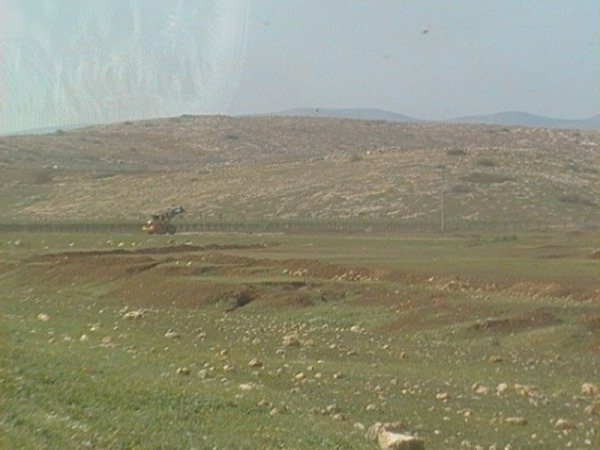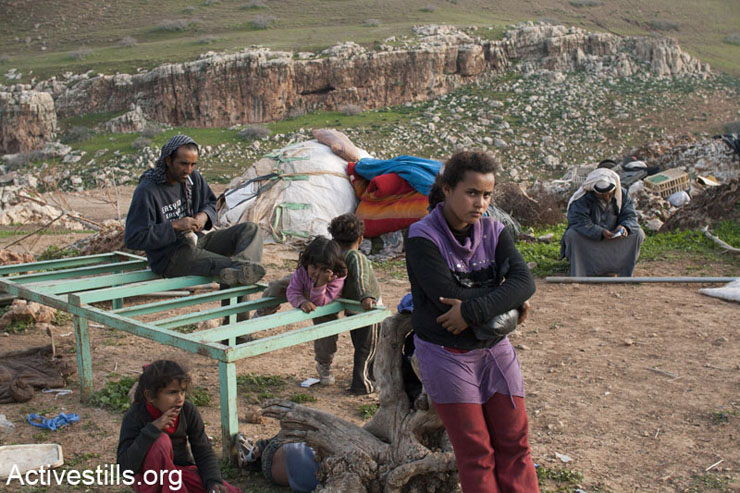Tag: Al Maleh
-

Injustice in Al Maleh
17th March 2014 | International Solidarity Movement, Nablus Team | Jordan Valley, Occupied Palestine The Israeli occupation in Palestine can be seen in many different ways. In the Al Maleh area of the Jordan Valley (area C, which is under full Israeli military control) 450 Palestinian families, including 100 Bedouin families are spread through 13…
-

Summary of nine days of demolitions and displacement in Al Maleh, Jordan Valley
29 January 2013 | OCHA Displacement Working Group, edited by International Solidarity Movement, Al Maleh, Occupied Palestine On 17 January, Israeli occupation forces demolished 47 (sic) residential and other structures in Hamamat Al Maleh area, displacing 60 people, more than half of them children. On 19 January, Israeli occupation forces confiscated basic emergency tents that…
-
Urgent call to action following demolition of Al Maleh village in Jordan Valley
Update on 24 Jan: Army demolished an emergency tent and two animal barracks this morning in Al Maleh saying that any new [even emergency] structures will be demolished again. Breaking: 10 am – reports of bulldozers on the way to Jiftlik (Jordan Valley). This Friday expected demolitions in Fasay’il al Wusta (Jordan Valley). 20 January 2013…
